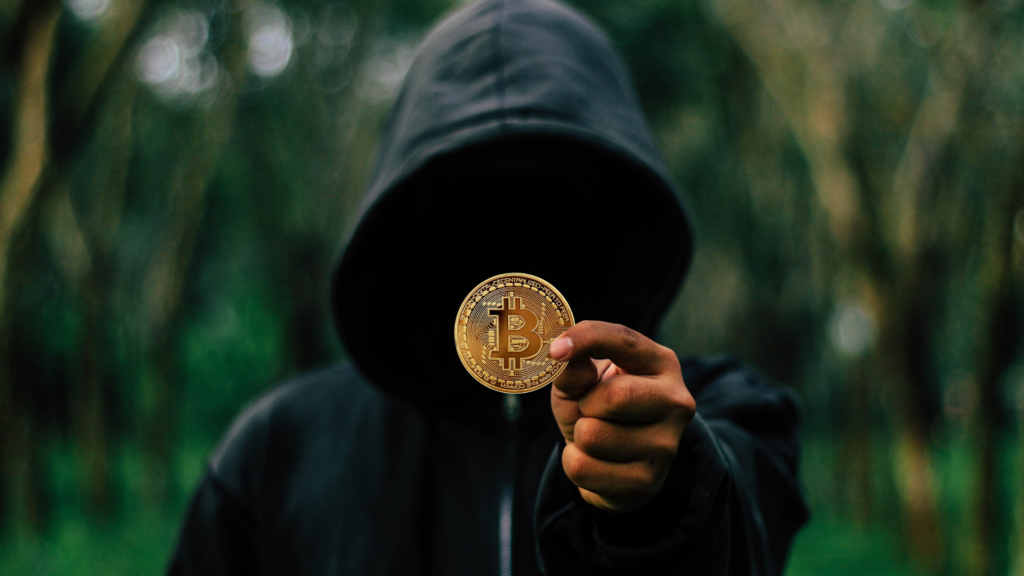What happens when Bitcoin holder dies and you have $10 in a cryptocurrency wallet or $1 million stashed offline in cold storage, you need a plan to help your next of kin gain access when you die, especially if heirs are not familiar with the brave new world of digital money. That’s the no-nonsense message from a recent article titled “What Happens to Your Crypto When You Die? Make a Plan, Or Lose Your Investments Forever” from Next Advisor. It is estimated that early buyers of cryptocurrency have already lost millions or billions because they died without a succession plan or lost their wallet keys and were not able to access their accounts.
Cryptocurrency is not small change today. It is here to stay.
If you own cryptocurrency, you need to incorporate it into your estate plan. Crypto estate planning is a balance between keeping the assets secure and accessible at the same time. Bitcoin and other cryptocurrencies are decentralized, meaning they are not issued by any country’s central banking authority. Unless another person has the right information to access the account, the assets will be gone permanently when you die. There is no paper trail and no 800-number to call.
The first step is to set up proper storage for the crypto and any other digital assets, like NFTs (non-fungible tokens) under a number of layers of security. You will need to set up tiered back-up accounts to store these assets, with varying layers of security.
If you buy and sell crypto on an exchange, loved ones may be able to access the exchange by signing into the company’s portal, similar to ones commonly used for banking, accounting, or financial investments. They need to know your password and username and will probably need access to your cell phone and email to receive a two-step verification code.
However, if you have significant sums of cryptocurrencies, you will need a more secure back-up option, which will be harder for executors to access. You will need to give your executor a crypto education as well as an estate plan.
There are centralized crypto exchanges, like Coinbase. There are hot wallets, also known as mobile wallets, that are not on a centralized platform and require a 12 or 24 word secret seed phrase to gain access. There’s also cold storage, which works like a digital safe via a USB drive. A 12 or 24 word secret seed phrase is also needed to recover or backup account information.
Your plan to pass these assets to the executor includes a physical copy of security phrases and a physical fireproof, waterproof lock box. Secure your cold storage hardware wallet—a private wallet key with a 12 or 24 word secret seed phrase—in the lockbox and make sure your executor knows the location of the safe and how to access it. Then, in one or preferably more than one separate location, store physical documents describing each digital wallet.
Describe each wallet in detail: is it an exchange, mobile wallet, or hardware wallet? Include all of the security keys, seed phrases, usernames, password information with instructions for each, including cell phone codes for the mobile wallets on your phone. Do not store anything on the internet.
You will likely need to educate family members about how crypto and other digital assets work. They may not be comfortable with this new kind of asset. An alternative is to liquidate digital currency into more traditional assets, by transferring the crypto from the wallet into a centralized exchange, then selling it for U.S. dollars. There will be taxes due, since the IRS recognizes selling crypto as selling assets.
To learn more about estate planning in the East Valley, Gilbert, Mesa and Queen Creek, schedule your free consultation with Attorney Jake Carlson by using one of the links above.
Reference: Next Advisor (Feb. 17, 2022) “What Happens to Your Crypto When You Die? Make a Plan, Or Lose Your Investments Forever”


